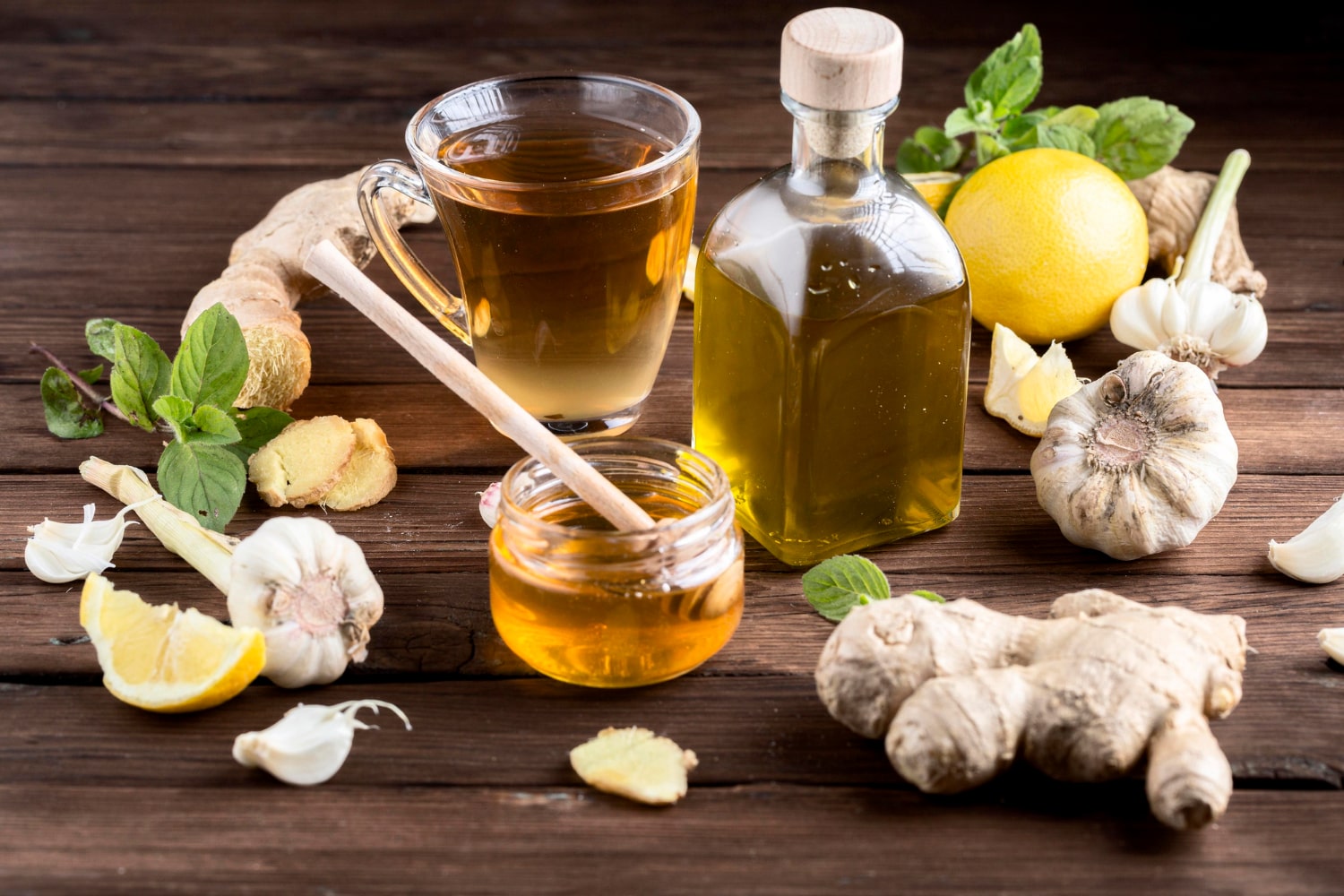Zeaxanthin boosts your eye health in more ways than you might imagine. If you’re like many, you may not have heard much about this powerful carotenoid. But let me tell you—it’s high time to explore how zeaxanthin can play a crucial role in your vision and overall well-being.
What is Zeaxanthin and Why Does It Matter?
Zeaxanthin is a natural pigment found in various fruits and vegetables, especially leafy greens. It belongs to a class of compounds known as carotenoids, which are responsible for the vibrant colors in many of the foods we eat. But more than just adding color to our plates, zeaxanthin is a key player in maintaining your eye health.
Why should you care? Because your eyes are your window to the world. They allow you to experience life in all its colors and glory. Protecting them is essential for a fulfilling life. With increasing screen time and environmental stressors, our eyes need all the help they can get. Let’s dive into the compelling reasons why zeaxanthin deserves a spot on your wellness radar.
1. Protects Against Blue Light Damage
We live in a digital age, and our eyes are constantly bombarded by blue light from screens. This type of light can lead to digital eye strain and even long-term damage. Zeaxanthin acts like a natural filter, absorbing harmful blue light and protecting the retina.
- Research Insight: Studies suggest that zeaxanthin can reduce oxidative stress in the retina, providing a protective barrier against light-induced damage. This means fewer headaches and less eye fatigue for you!
2. Supports Macular Health
The macula is the part of your eye responsible for sharp, central vision. It’s crucial for tasks like reading and driving. Zeaxanthin accumulates in the macula, where it helps to maintain its health.
- Key Benefit: By incorporating zeaxanthin into your diet, you’re supporting your macular health, which decreases the risk of age-related macular degeneration (AMD), a leading cause of vision loss.
3. Fights Inflammation
Chronic inflammation can wreak havoc on your body, including your eyes. Zeaxanthin has anti-inflammatory properties that can help reduce the risk of inflammatory eye diseases.
- What This Means for You: By keeping inflammation at bay, you’re not just protecting your eyes; you’re contributing to your overall health, potentially reducing the risk of other inflammatory conditions.
4. Enhances Visual Acuity
Do you want to see clearly, even in low-light conditions? Zeaxanthin can help enhance your visual acuity. Studies show that it improves contrast sensitivity, which is essential for seeing in various lighting conditions.
- Practical Tip: If you find yourself squinting at night or struggling to read fine print, adding zeaxanthin to your diet could make a difference.
5. Reduces Risk of Cataracts
Cataracts are a common age-related condition that clouds your vision. Research indicates that diets rich in carotenoids, including zeaxanthin, are linked to a lower risk of cataracts.
- Empowering Insight: By prioritizing zeaxanthin, you’re not just maintaining your current vision; you’re actively contributing to your long-term eye health.
6. Boosts Overall Eye Health
Zeaxanthin isn’t just about preventing specific conditions; it supports overall eye health. Regular intake of zeaxanthin can help maintain healthy eye function as you age.
- Holistic Approach: Think of zeaxanthin as a cornerstone in your eye health strategy. Combine it with other nutrients like lutein, vitamin C, and omega-3s for a powerful protective effect.
7. Natural and Accessible
One of the best things about zeaxanthin is that it’s found in a variety of natural foods. You can easily incorporate it into your diet through:
- Fruits and Vegetables: Spinach, kale, corn, and egg yolks are excellent sources.
- Supplements: If getting enough from food is a challenge, consider high-quality supplements.
How to Get More Zeaxanthin in Your Diet
Incorporating zeaxanthin into your daily routine is simple. Here are some delicious and easy ways to do it:
- Smoothies: Add spinach or kale to your morning smoothie.
- Salads: Toss fresh greens, corn, and avocado into your salads.
- Omelettes: Mix in some spinach and egg yolks for a zeaxanthin boost.
The Science Behind Zeaxanthin
Understanding the science behind zeaxanthin can deepen your appreciation for its benefits. Research has shown that zeaxanthin can stabilize cell membranes and protect them from oxidative damage. It also plays a role in the photoprotection of the retina, ensuring that your eyes can function optimally in various lighting conditions.
For more detailed insights, you can check out reputable sources like the American Academy of Ophthalmology or the National Eye Institute.
Bottom Line
Zeaxanthin boosts your eye health today and every day. By embracing this powerful nutrient, you’re investing in your vision and overall wellness. From protecting against blue light damage to enhancing visual acuity, the benefits are clear.
So, why wait? Start incorporating more zeaxanthin-rich foods into your life today. Your eyes will thank you!
FAQ
What foods are high in zeaxanthin?
Foods like kale, spinach, corn, and egg yolks are excellent sources of zeaxanthin.
How much zeaxanthin do I need daily?
While there’s no established daily requirement, many experts recommend aiming for at least 2-6 mg per day for optimal eye health.
Can I take zeaxanthin supplements?
Yes, if you find it hard to get enough from food, supplements can be a good alternative. Always consult with a healthcare provider before starting any new supplement.
By making small changes to your diet and lifestyle, you can enjoy the vibrant world around you with clear and healthy vision. Embrace zeaxanthin today!








